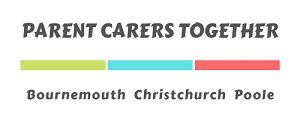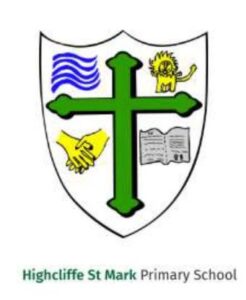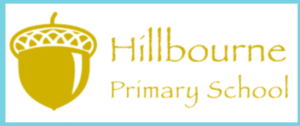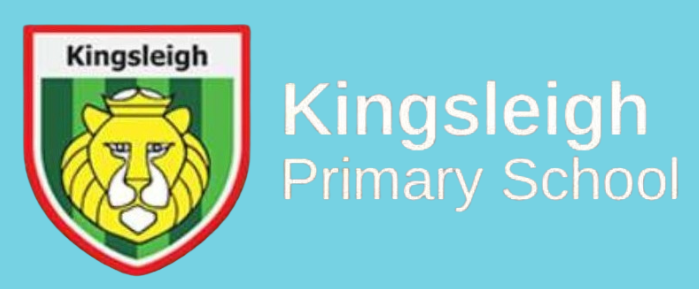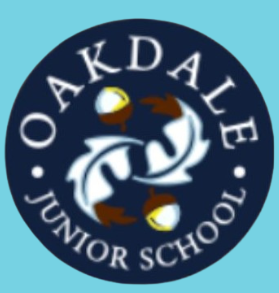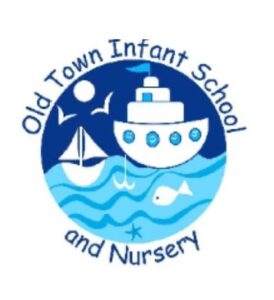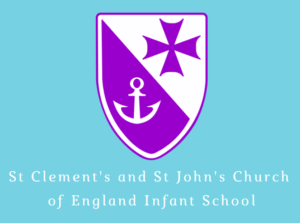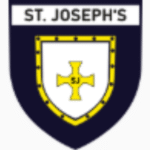
What is PINS?
Partnerships for Inclusion of Neurodiversity in Schools (PINS) is a national needs-led project being run by Parent Carer Forums (including ours) within NHS Integrated Care Boards and applies to those who are currently diagnosed and not diagnosed.
The programme brings together health and education specialists and expert parent carers through the Parent Carer Forum.
Partnerships for Inclusion of Neurodiversity in Schools (PINS) will bring health and education specialists and expert parent carers into mainstream primary settings to:
- help shape whole school SEND provision
- provide early interventions at a school level
- upskill school staff
- support strengthening of partnerships between schools and parent carers
The PINS project is testing a new model for supporting good outcomes in mainstream schools for Neurodivergent students and strengthen parent carer and school partnerships. The project will focus on strengthening knowledge, skills and improving environments to better meet the needs of neurodivergent children. Through a focus on supportive learning environments and well-equipped schools we can improve the outcomes for this group of children.
Each school in the programme will complete the nationally agreed self-assessment tool for schools to identify priority areas for support. Schools will collate the findings and use them to assess themselves against a number of high-level domains (including Leadership, Culture and Values; Mental Health; Readiness to Learn; Teaching and Learning; Environment and Communication).
The forums’ role is to introduce the principles of co-production with families. We shall:
- Facilitate parent carer participation group meetings with the identified schools. These will be open to all parent carers with children, in the school community.
- Facilitate the collection and sharing of parent carers’ views and experiences of the services delivered by the schools identified.
- Signpost information to parent carers to the providers in their local area, to inform their decision making and understanding of what support is available.
- Work with the school to identify and respond to feedback from parent carers in a solution focused way.
Meet Pearl
Pearl joined PCT in 2021. She is our forum Treasurer and Project Lead for PINS.

Engaging with Parents
PINS Virtual Drop Ins
Parents from all the 21 schools involved with PINS 2024-2026 to attend our virtual drop in sessions which were held fortnightly until the end of March 2025. These sessions were held for for an hour over Microsoft Teams.
The virtual sessions were only for the parents and carers whose child/children’s primary schools are part of PINS.
The virtual sessions for the schools part of PINS 2 will start from Wednesday 5th November. All will be held term time only between 1pm-2pm over TEAMS.
Join us for informal chats, support, and updates.
TEAMS:
Meeting ID:382 360 797 8936
Password:3VB28Qu7
Email Us
It is important to us here at Parent Carers Together to hear your voices and gain your invaluable input to this national project. Please do keep an eye out for communications from your schools, or get in touch via email to find out more-pins@parentcarerstogether.org.uk
We are happy to answer any questions you may have.
PINS (BCP) Parents Facebook Page
We have created a private Facebook group for those parents whose children are at the schools part of the 2025-2026 PINS project. This group offers parents and PINS a way to connect away from the school setting.
Schools Signed up to the 2025-2026 PINS Project
Schools involved with the 2024-2025 PINS Project
The Graduated Response
All children and young people learn at different stages, but if you have any worries about your child’s learning and development (referred to as the Graduated Response) within their nursery, school or college setting, the first step is to talk their teacher or key worker.
BCP Council have a webpage dedicated to the Graduated Response for:
- Children 0 to 5 years
- School age children and post 16
- Children not in a setting, or school environment
